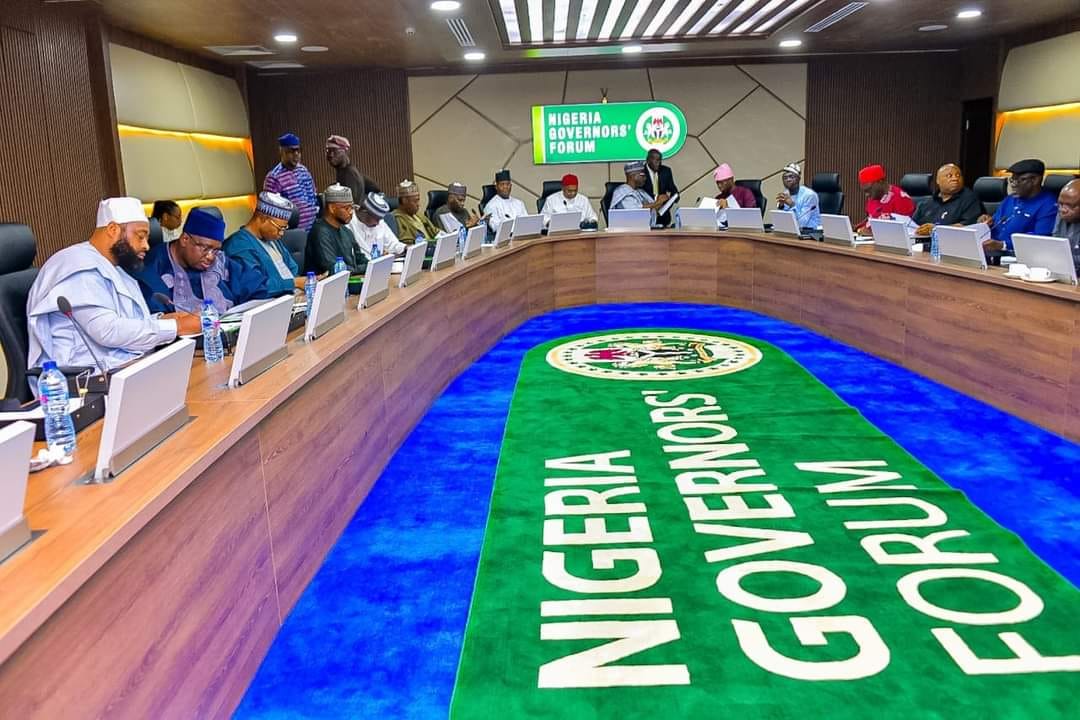• ASUSS decries non-implementation of new teachers’ retirement age in 16 states
Uchechukwu Nnaike and Funmi Ogundare
As Nigeria joins the rest of the world to mark the World Teachers’ Day, United Nations Educational, Scientific and Cultural Organisation (UNESCO), the United Nations International Children’s Emergency Fund (UNICEF), International Labour Organisation (ILO) and Education International have raised the alarm that additional 44 million teachers are needed worldwide to achieve universal primary and secondary education by 2030.
In their joint message to mark the occasion, which is celebrated worldwide today, they also called on governments, partners and the international community to make a collective commitment to ensuring that collaboration is recognised as a norm within the teaching profession.
This is as the Academic Staff Union of Secondary Schools (ASUSS) has expressed dismay over the non-implementation of the harmonised retirement age for teachers by some state governors, describing it as demoralising.
UNESCO, ILO, UNICEF and Education International emphasised that “it is only through effective cooperation at all levels that we can build truly inclusive, equitable and resilient education systems worldwide.”
World Teachers’ Day is observed every October 5 to celebrate all teachers around the world.
It commemorates the anniversary of the adoption of the 1966 ILO/UNESCO Recommendation concerning the status of teachers, which sets benchmarks regarding the rights and responsibilities of teachers, and standards for their initial preparation and further education, recruitment, employment, and teaching and learning conditions.
The 2025 theme, ‘Recasting Teaching as a Collaborative Profession’, emphasises the importance of teamwork, mentorship and mutual support among teachers, school leaders, and the broader education community to improve educational outcomes and strengthen the profession as a whole.
In a joint message, Director-General of UNESCO, Ms Audrey Azoulay; Director-General of the International Labour Organisation, Mr. Gilbert Houngbo; Executive Director of UNICEF, Ms. Catherine Russell; and General Secretary, Education International, Mr. David Edwards, said though teachers are the backbone of quality education, the profession is currently facing an unprecedented crisis – one requiring political mobilisation at the highest level.
According to them, “the Global Report on Teachers warns that an additional 44 million teachers are needed worldwide if we are to achieve universal primary and secondary education by 2030. In just seven years, the number of teachers leaving the profession has doubled – further exacerbating the widespread shortage.
“This crisis is compounded by teachers’ working conditions. Teachers all too often experience professional isolation, with few opportunities for continued development, peer learning and the cooperation needed to ensure effective teaching practices.”
They argued that reversing current trends in teacher attrition and recruitment demands not only increased investment, but also policies that foster collaborative working environments throughout teachers’ careers.
They stated that this year’s theme “reminds us of the fundamentally collective and relational nature of education. It calls for teacher collaboration – in the classroom, in the digital sphere and in decision-making spaces – in order to strengthen motivation and resilience within this essential profession, and enhance the quality of education for millions of students.”
They stressed that rooting the profession in collaboration starts from “the earliest days of a teacher’s career. “Shaping a professional identity grounded in cooperation, rather than isolation, requires peer learning, co-teaching and mentoring to be placed at the heart of their initial and continued training. This is why UNESCO has supported the training of over 1.4 million teachers worldwide since 2018, providing them with opportunities to strengthen their skills alongside experts and peers.”
Meanwhile, the National President of ASUSS, Comrade Sola Adigun, said that the 2025 theme underscores the need for unity among teachers, government, parents, communities and education authorities.
Adigun expressed dismay over the non-implementation of the harmonised retirement age for teachers by some state governors, describing it as demoralising.
In a statement issued at the weekend, Adigun said about 16 states are yet to adopt the new retirement age policy for teachers.
The new retirement age was announced by the late former President Muhammad Buhari on World Teachers’ Day in 2020.
The Federal Executive Council approved the bill in January 2021, and it was subsequently transmitted to the National Assembly in June 2021.
Section 1 of the Act stipulates that Nigerian teachers shall compulsorily retire upon reaching 65 years of age or completing 40 years of pensionable service, whichever comes first.
Adigun lamented that the failure of some state governors to implement this policy undermines collaboration among stakeholders necessary for quality secondary education in the country.
The ASUSS president urged states yet to establish Senior Secondary Education Boards to do so promptly, recruit qualified teachers and prioritiSe teacher welfare.



